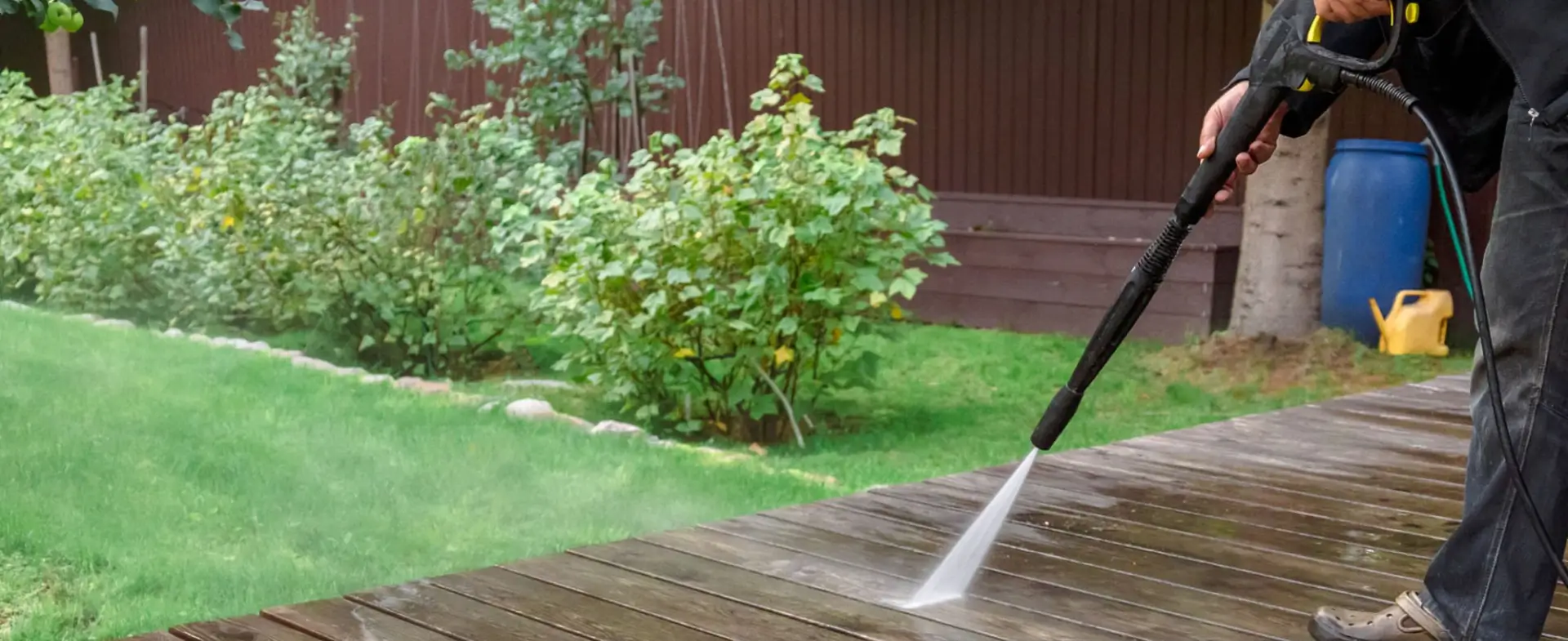Nov 09,2024
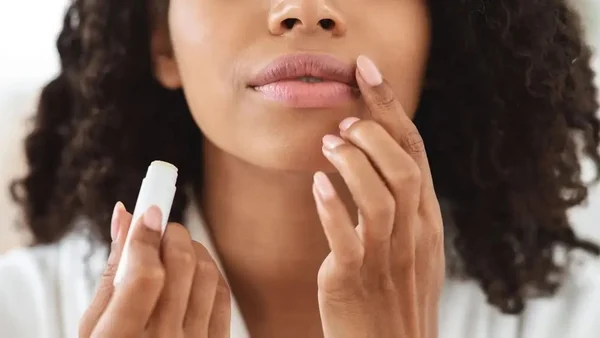
The crisp cold winter air is beginning to creep in. Whilst that may put some of us in the festive spirit – our lips aren’t so grateful.
"Due to the drop in humidity and frequent dry, cold winds, our lips tend to dehydrate much more quickly in winter," says consultant dermatologist Dr Eva Melegh.
"Lips shed skin regularly, but when they get dry, the skin shedding becomes uneven and that is when chapping and flaking appears."
Many of us swear by certain toothpastes and old-school salves – but they may be the main culprit of dry and flaky smiles.
We hear from dermatologists on how to actually care for our lips this winter – and what products to avoid at all costs.
Make time every month
Just like the rest of your body, your lips need an in-depth treatment outside your daily routine.
"Try to complete an extensive lip routine once every two to three weeks and during every seasonal transition period," advises CellDerma’s founder and aesthetician Dr Dev Patel.
"Within this, I would include a gentle scrub and exfoliation, an overnight lip mask and a clinically proven lip balm.
"During your daily regime, be sure to apply a hydrating lip mask and/or balm in the morning and at night, as well as throughout the day to maintain moisture levels."
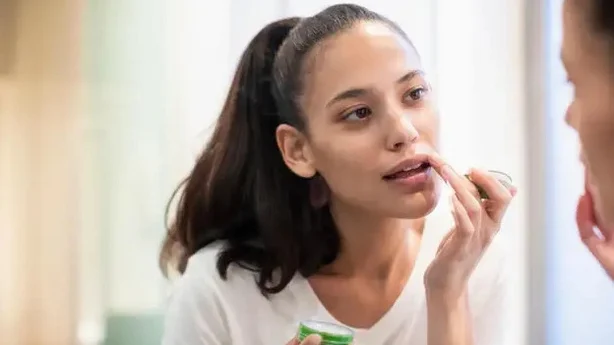
Hydrate in and out
Whilst nourishing balms and masks may seem obvious, the key to hydrated lips is not just down to the products you put on them.
"Often dry lips can be a sign of dehydration, and so I would urge anyone experiencing dry and chapped lips to look at their fluid intake," advises Harley Street skin expert, Dr Nina Prisk.
This doesn’t necessarily have to be tap water – herbal teas and water mixed with flavoured electrolyte powders can contribute hugely to hydration.
But be warned – anything caffeinated (such as sodas, Breakfast tea and coffee) do not count as a cup of fluid, as the caffeine cancels out the hydrating liquid.
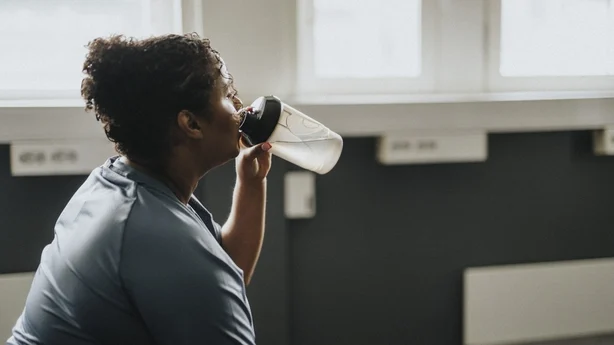
Steer clear of heavy lipsticks, alcohol and whitening toothpaste
That may sound like an odd list, but lipstick, alcohol and whitening toothpastes are the hidden culprits contributing to chapped lips.
"Unlike skin, lips do not have oil glands and so their natural moisture retention is scarce at the best of times," says Melegh, "so dehydration from alcohol can make lips extra dry and fragile."
Melegh suggests avoiding excessive alcohol consumption and cosmetics that include alcohol, this can include anything that is heavily perfumed which contains ethanol.
"Try to avoid lip balms which are fragrant or flavoured, such as mint, citrus or cinnamon, as they can have the opposite effect and simply irritate the lips," explains London dermatologist, Dr Ross Perry, "Although it might feel nice on the lips, they are actually very dehydrating.
"Additional ingredients to avoid include lanolin, octinoxate and oxybenzone," says Perry. These can be found in certain SPFs and jelly-based lip balms.
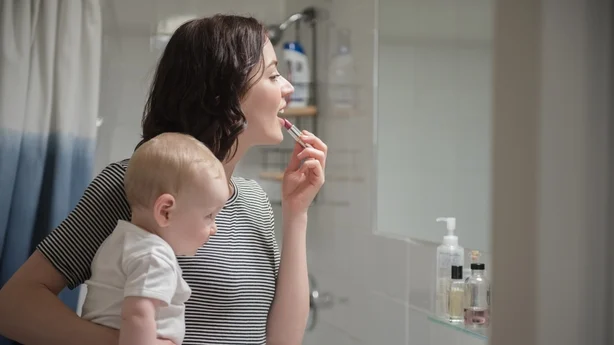
On top of this, Melegh warns against heavy lipsticks, "Avoid wearing lipsticks during the day as these contain wax and can be drying and irritate chapped lips.
"They may even cause some infection or inflammation as lipsticks are often harbouring bacteria."
Whitening toothpaste can also contribute to dry lips, as the hydrogen peroxide they contain is incredibly drying on the skin. Experts suggest swapping to a standard sensitive toothpaste during the winter months.
.svg)
